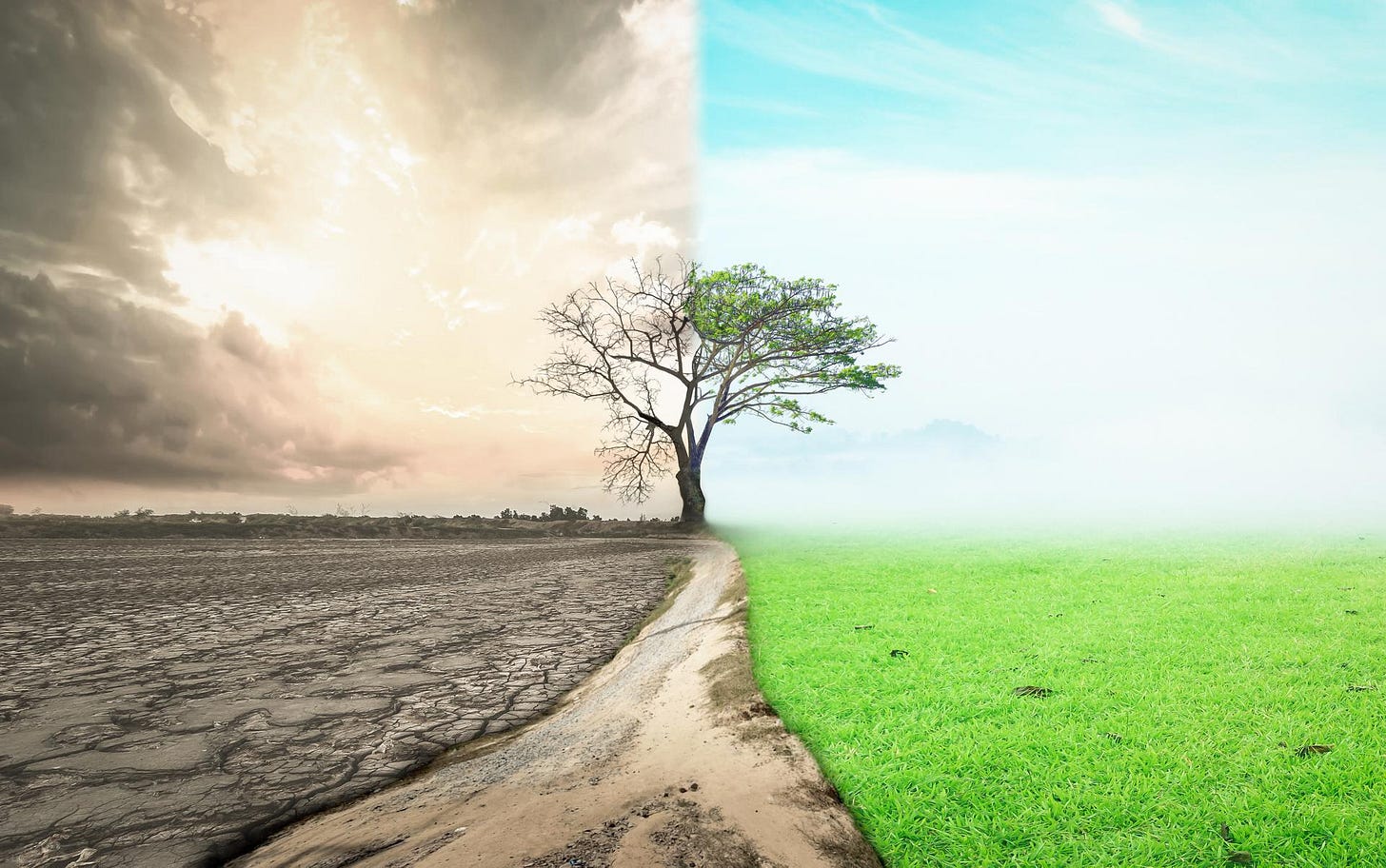Rather Than the End of Abundance, It Is Sustainable Abundance That We Must Aim for.
Emmanuel Macron is wrong.
Lover of punchlines that sting and provoke epidermal reactions, French president Emmanuel Macron had promised to change his style during his campaign for the presidential election in 2022. A few months later, re-elected for a second term, it is clear that Emmanuel Macron has difficulty changing his method.
Chase your nature, and it comes back at a gallop…
Keep reading with a 7-day free trial
Subscribe to Sylvain Saurel’s Newsletter to keep reading this post and get 7 days of free access to the full post archives.




